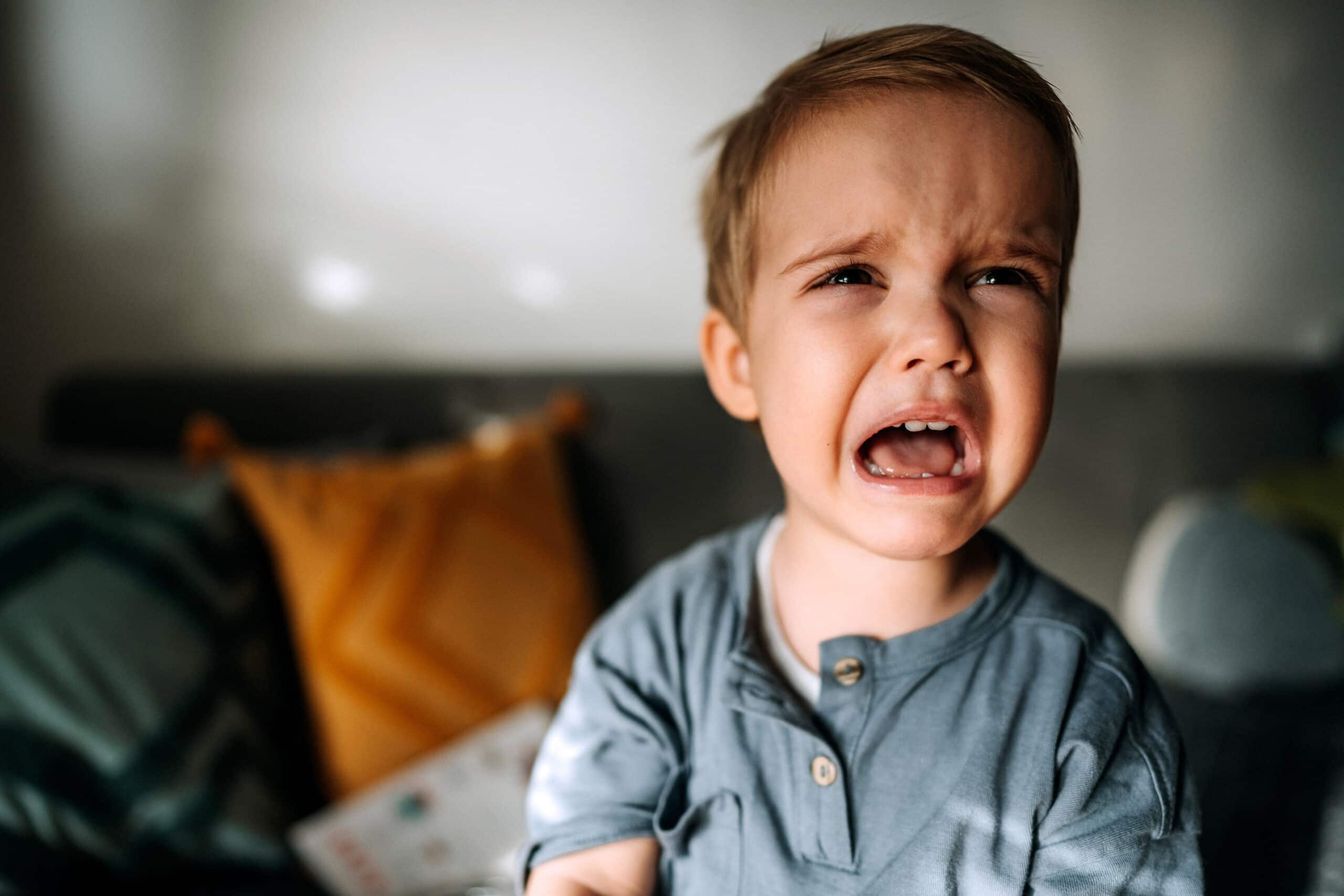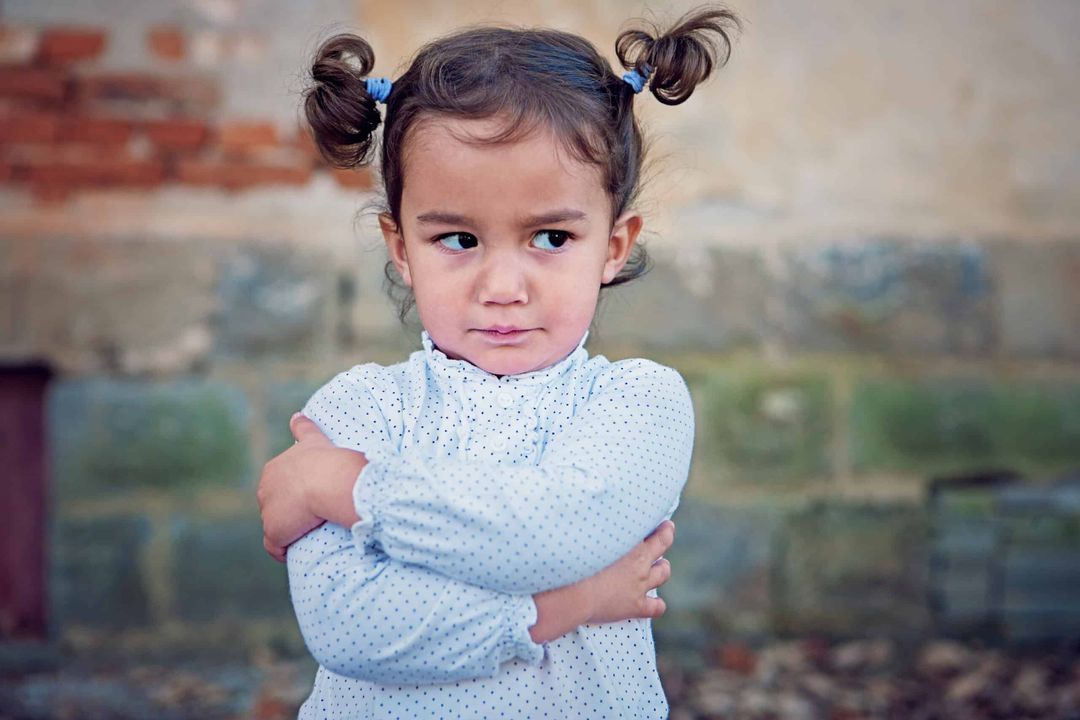Understanding Anger In Kids & Teens.
Anger can show up in many ways. Some kids yell or lash out. Others bottle things up until it all spills over. Anger can come with tension, headaches, or a constant sense of being “on edge.” It’s rarely just about the moment. Often, it’s the brain’s way of saying, “I’m overwhelmed and I need help.”
Learning to manage anger doesn’t mean getting rid of it. Anger has a purpose. The goal is to teach young people how to recognise their triggers, respond in healthier ways and recover faster after intense feelings.




-p-2000.jpg)

